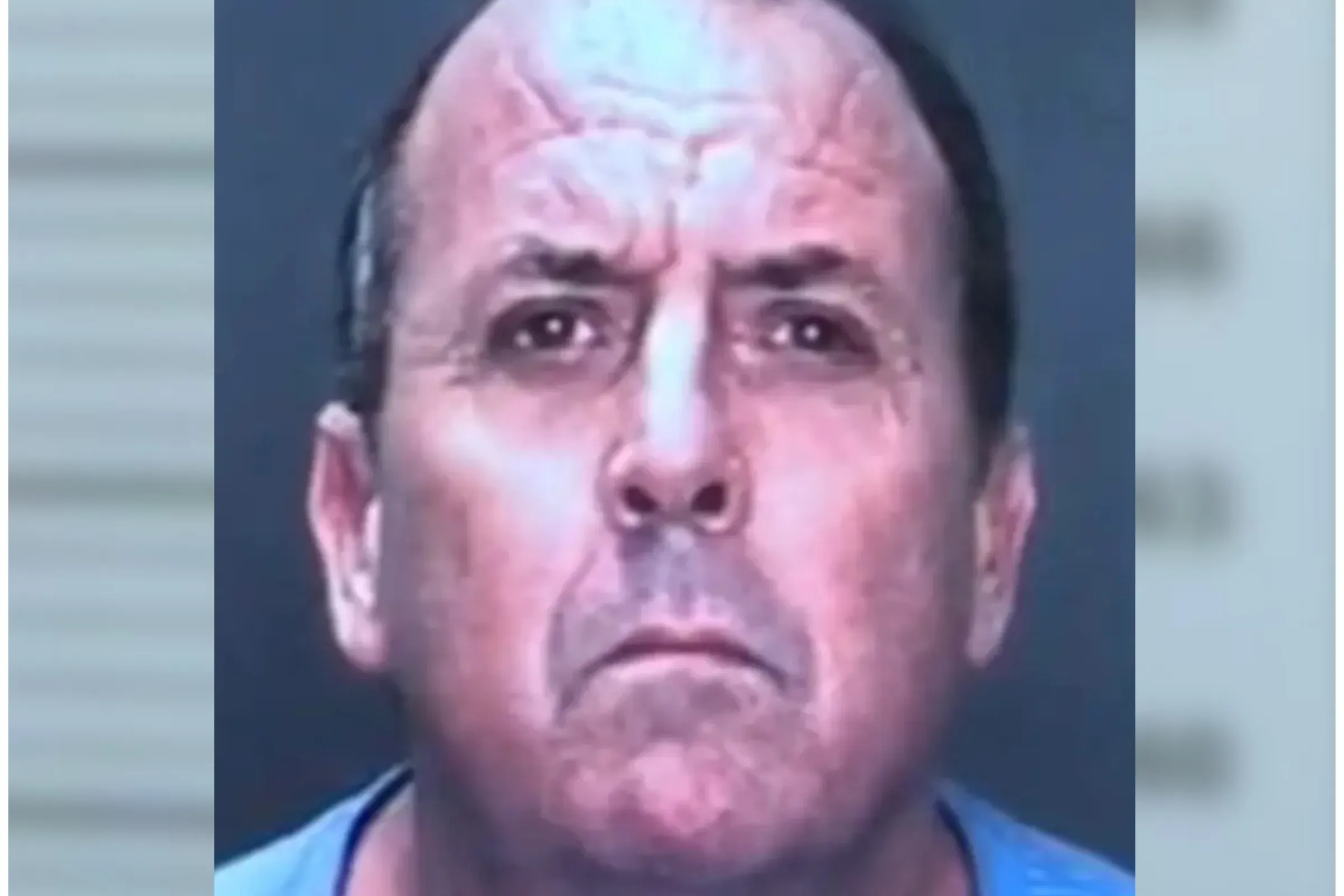Unraveling the Tragic Story of Glenn Litton: The Man Behind the Butte County School Shooting
In a shocking incident that has left the community of Butte County, California, reeling with grief and disbelief, the name Glenn Litton has become synonymous with a devastating school shooting that targeted innocent kindergarteners. The horrific event unfolded at the Feather River Adventist School, revealing a complex narrative of mental health struggles, criminal history, and inexplicable violence.
Glenn Litton, a 56-year-old man with a troubled past, emerged as the perpetrator of a crime that would shake the foundations of a peaceful community. On that fateful day, Litton orchestrated a calculated plan to gain access to the school, using an alias and exploiting administrative protocols to enter the campus.
The Disturbing Background
Litton’s personal history painted a troubling picture of an individual battling significant mental health challenges. His criminal record was extensive, including:
- Multiple convictions for identity theft
- Fraud-related offenses
- Previous imprisonment in California State Prison during the 1990s and early 2000s
Investigators discovered deeply unsettling writings that suggested a complex psychological landscape, with references to perceived injustices and cryptic mentions of “child executions” and geopolitical issues.
The Tragic Incident
Using the alias “Michael Sanders,” Litton arranged a meeting with the school principal—a move that would later be revealed as a strategic ruse to gain campus access. Shortly after this meeting, he unleashed a terrifying act of violence that would forever alter the lives of two young children.
The victims, Roman Mendez (6) and Elias Wolford (5), were critically injured in the shooting. Both children required multiple surgeries, their young lives dramatically interrupted by this senseless act of violence.
Community and Official Response
The incident prompted immediate and widespread condemnation. California Governor Gavin Newsom described the shooting as “heartbreaking,” emphasizing the need for community support and reflection.
Local law enforcement, in collaboration with the FBI, launched a comprehensive investigation to understand the motivations and circumstances surrounding the shooting. The Feather River Adventist School, while expressing gratitude for the quick response of authorities, also requested privacy for the affected families.
Deeper Context and Implications
This tragic event is not an isolated incident but part of a broader, deeply concerning trend of school violence in the United States. It raises critical questions about:
- Mental health support systems
- School security protocols
- Gun control legislation
- Community intervention strategies
“Each incident like this is a stark reminder of the complex challenges we face in protecting our most vulnerable populations,” said a local community leader.
Litton’s Personal History
Interestingly, Litton had a historical connection to Adventist education, having attended a different Adventist school in Paradise during his childhood. This connection adds another layer of complexity to an already intricate narrative.
The FBI’s ongoing investigation continues to unravel the circumstances that led to this devastating moment, seeking to understand the confluence of personal trauma, mental health issues, and systemic failures that could result in such a tragic outcome.
Conclusion
The Glenn Litton school shooting serves as a painful reminder of the multifaceted challenges surrounding mental health, violence, and community safety. It demands not just mourning, but a serious, compassionate, and comprehensive approach to preventing such incidents in the future.
As the community of Butte County begins the difficult process of healing, the stories of Roman Mendez and Elias Wolford—and the systemic issues their experience highlights—must not be forgotten.
Note: This article is a journalistic account based on available information and aims to provide a comprehensive, sensitive overview of the incident.






Leave a Comment